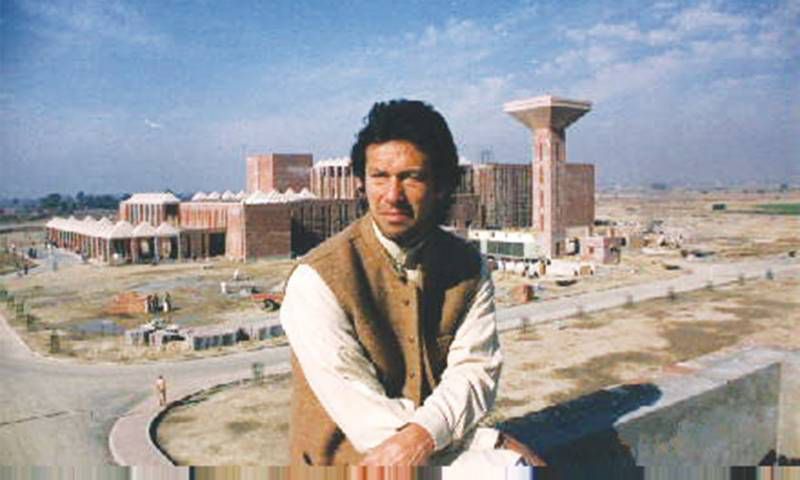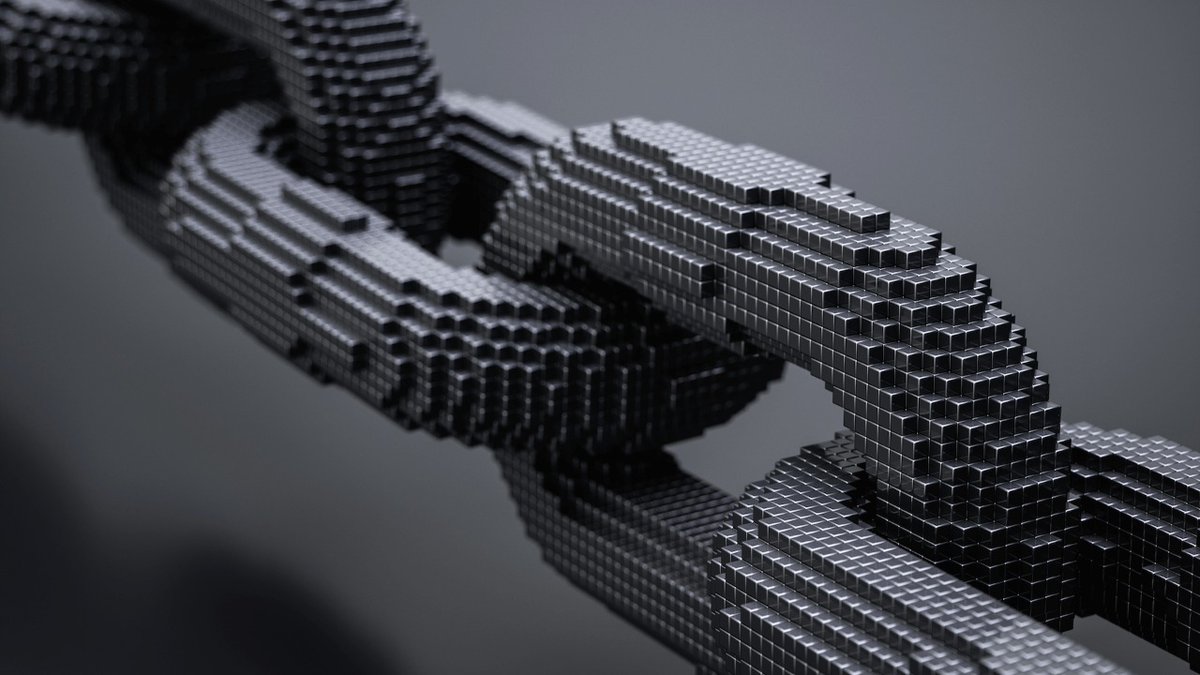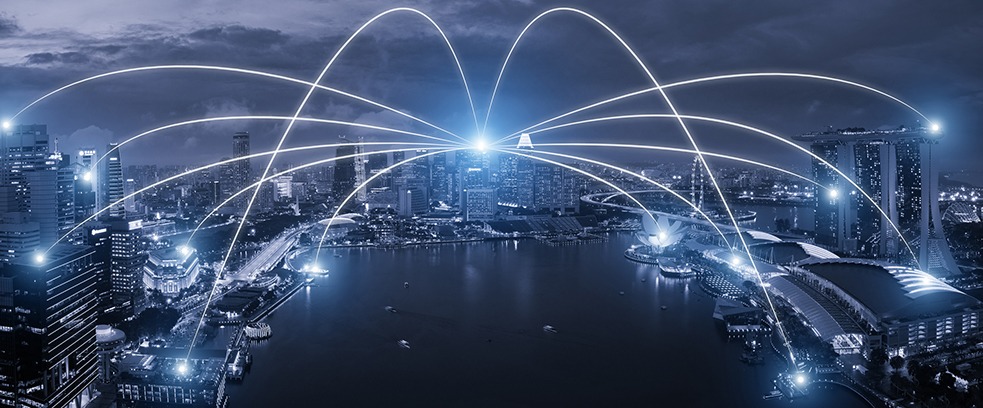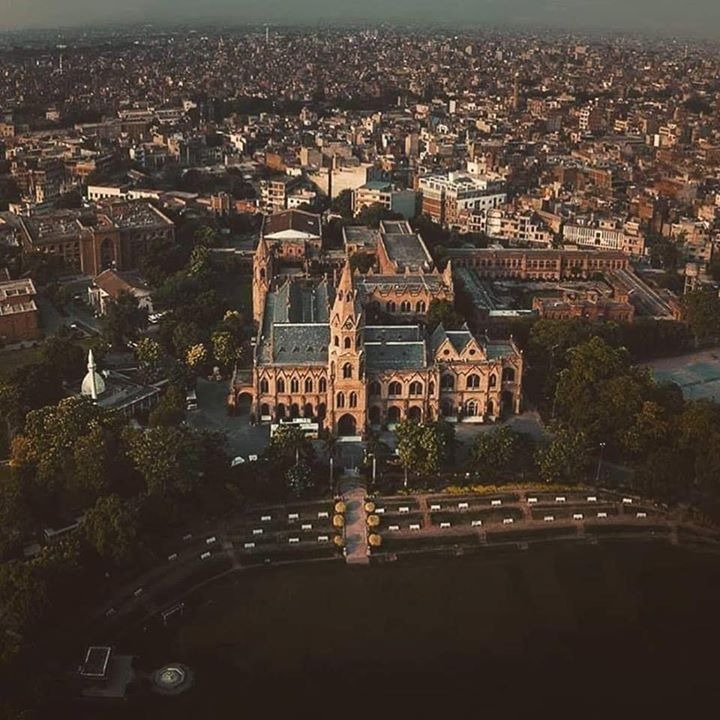If you thought writing a book was difficult, you haven’t tried getting one published - that too during COVID.
So, let's talk about what goes behind publishing a book, especially if you are a first-time author like me.
A thread 🔖
So, let's talk about what goes behind publishing a book, especially if you are a first-time author like me.
A thread 🔖
2. Mid of 2018, sitting in my study, going through the evergreen books my dada wrote in his time, I thought of writing one of my own. But, what would it be about?
Dada's words came rushing back, 'Nabeel, live a life such that the impact of your personality reflects in others'.
Dada's words came rushing back, 'Nabeel, live a life such that the impact of your personality reflects in others'.
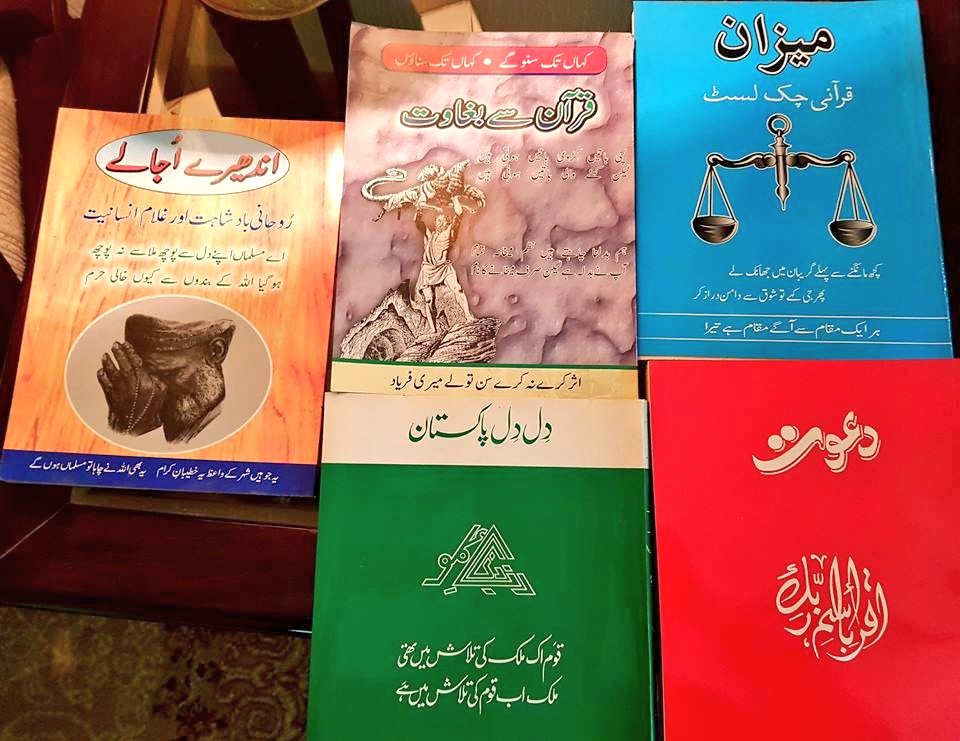
3. This got me thinking, how do I write about 'impact'? There are some words that are the ethos of my life. Change, effectiveness, leadership, self-reflection are some of them. Making mind maps around these words, I formed the basic structure of this book, which is about 'you'.
4. Then after a few brainstorming sessions, on the 22nd of January, 2019, I wrote down the first page and since then it's been one long journey.
The first thing I did was make a ppt, because as I always say to my teams, 'If it can be shown in ten slides or less, it can be done'.
The first thing I did was make a ppt, because as I always say to my teams, 'If it can be shown in ten slides or less, it can be done'.
5. Chapter after chapter, the questions were pouring in, at times from my employees, mostly from students and from the memory of the thousand or so founders from the past. Effectiveness and finding yourself has been a common theme across all my workplaces in all these years. 
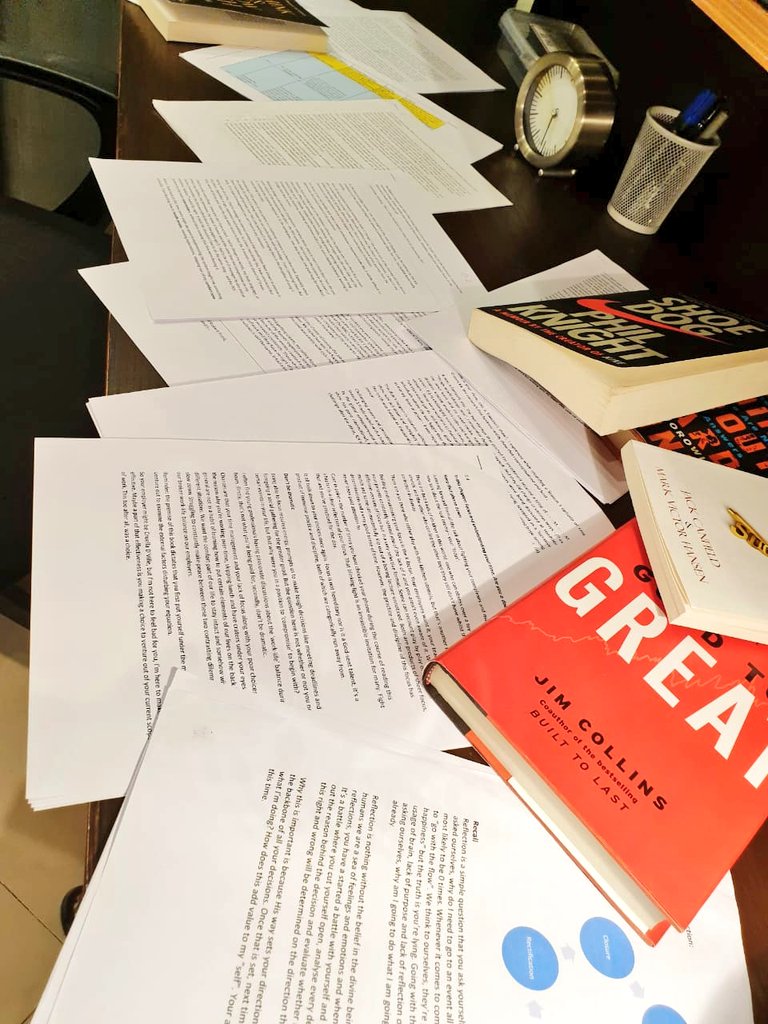
6. Each chapter comes with its own backstory, lively anecdotes and some interesting stories of people; narratives about the right 'heroes'.
Having people around me reading it every few months for feedback, one thing I heard repeatedly was that it was difficult to understand...
Having people around me reading it every few months for feedback, one thing I heard repeatedly was that it was difficult to understand...
7. ...and it is. It's a book about difficult questions, the truth and finding your inner strength.
I didn’t know that once I entered the publishing phase, I'd be compelled to take my own advices. So, one thing I can assure is that there are no tall claims. This book works.
I didn’t know that once I entered the publishing phase, I'd be compelled to take my own advices. So, one thing I can assure is that there are no tall claims. This book works.
8. Week after week, the manuscript kept getting pushed with hopes to be released on the 14th August, 2019 to now 14th August, 2020. Turns out, this publishing game is puzzling for a first time author.
Like I say on page 131, 'failure is a process in the big journey of winning'.
Like I say on page 131, 'failure is a process in the big journey of winning'.
9. When @BangashYK walked me through the process, he showed me 3 font options to emphasize on the difference it can make to a book.
I nodded then although all of them looked the same to me (apologies doc).
I was only noting the steps to get it in the hands of the readers.
I nodded then although all of them looked the same to me (apologies doc).
I was only noting the steps to get it in the hands of the readers.
10. The journey from here looked pretty straightforward. The book will be read a couple of times, a cover will be chosen, the pages will be set, illustrations will be placed and off it will go to the printer.
Then #COVID19 hit and priorities of our lives shifted and rightly so.
Then #COVID19 hit and priorities of our lives shifted and rightly so.
11. Since March, where I have had more focused time to work on the book and my students, I have also had a chance to observe the ever-declining reading culture among young people.
There is no better way to strengthen your mind than to read, interpret and learn.
There is no better way to strengthen your mind than to read, interpret and learn.
12. Reflection papers formed a critical part in my Leadership class this term. Not only they did well, but their rekindled quest for knowledge pushed them towards asking pertinent questions about their reality.
This is the purpose of the book too - to make you 'think'.
This is the purpose of the book too - to make you 'think'.
13. Having 100+ students ask week after week about the book made me speed up the editing process and push it towards publishing.
Finally, the 14th August, 2020 date looked hopeful and it was announced.
Now, it's 12 days past it and it's still work in progress...
Finally, the 14th August, 2020 date looked hopeful and it was announced.
Now, it's 12 days past it and it's still work in progress...
14. It always takes a little while before you can make your mark in a new place. It takes patience and a lot of hard work, but you get there.
So, while a new launch date gets finalized, I thought to engage you all in this journey. After all, 'this book is about you'.
So, while a new launch date gets finalized, I thought to engage you all in this journey. After all, 'this book is about you'.
Pre-order now: bit.ly/2DYPEy8 
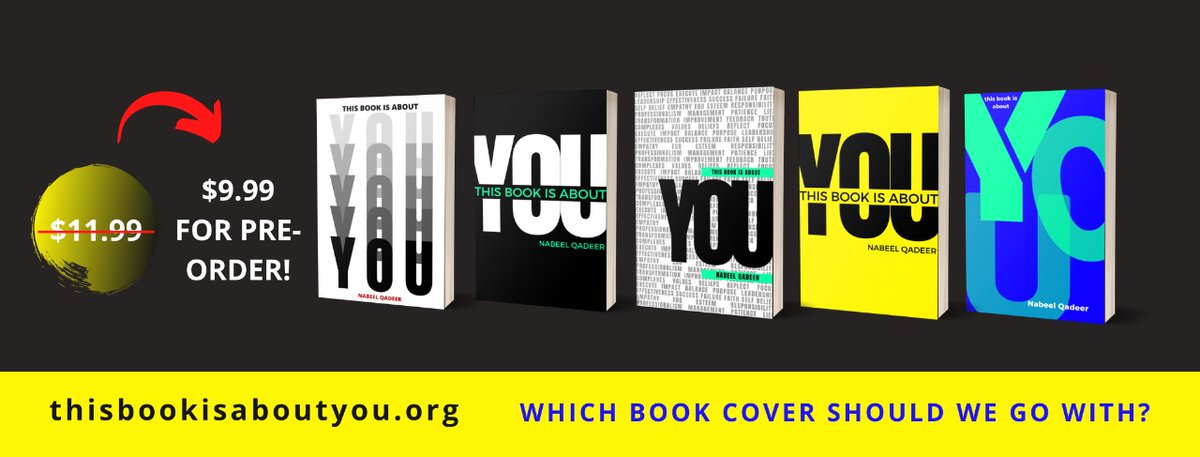
• • •
Missing some Tweet in this thread? You can try to
force a refresh




